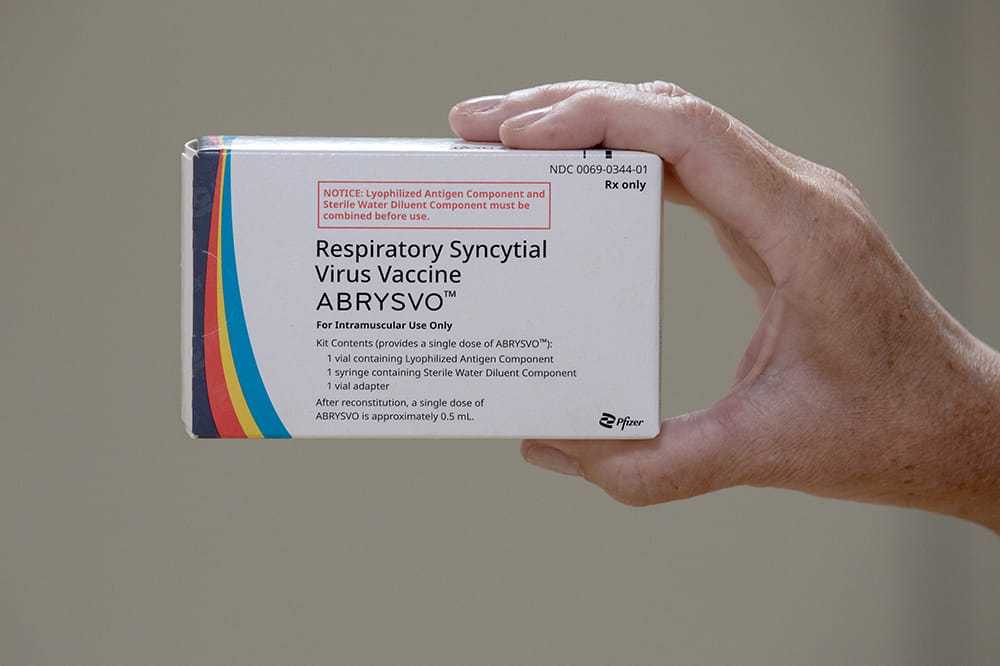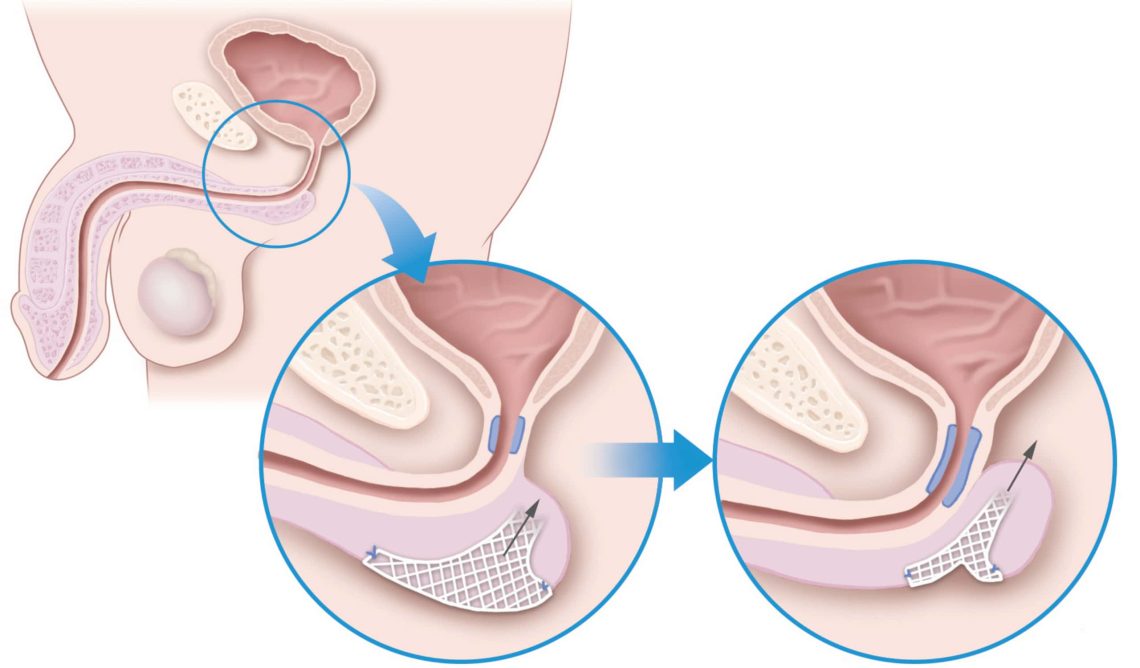Introduction Respiratory Syncytial Virus (RSV) is a contagious respiratory virus that can cause severe illness in vulnerable populations, including older adults, infants, and pregnant women. RSV is a leading cause of hospitalization in older adults and can lead to serious complications such as pneumonia or bronchitis. For infants, RSV infection during the first months of life can be particularly dangerous. In recent years, new vaccines have been developed to protect high-risk groups from RSV. Specifically, vaccines for older adults and pregnant women have been approved, offering a powerful preventive tool to reduce severe illness and hospitalizations. This article provides an…
-
-
Introduction Respiratory illnesses such as Respiratory Syncytial Virus (RSV), the common cold, and influenza (flu) often share similar symptoms, making it challenging to identify which infection you—or your child—may have. Understanding the key differences in symptoms, severity, and onset can help in seeking timely care, preventing complications, and protecting others from infection. 1. Respiratory Syncytial Virus (RSV) Overview RSV is a viral infection that primarily affects the respiratory tract. It is most concerning in infants, young children, older adults, and immunocompromised individuals. Common Symptoms Onset and Duration Severity 2. Common Cold Overview The cold is caused by various viruses, most…
-
Introduction Respiratory Syncytial Virus (RSV) is a common viral infection that affects the respiratory tract. While RSV can infect people of all ages, its severity and symptoms vary depending on age and immune status. Infants, young children, older adults, and people with weakened immune systems are at higher risk of complications. Recognizing the symptoms early helps in seeking appropriate care and reducing the risk of severe illness. RSV Symptoms in Infants Infants, especially those under 6 months, are particularly vulnerable to RSV infection. Symptoms may be subtle at first but can progress rapidly. Common Symptoms Severe Symptoms Requiring Immediate Medical…
-
Introduction Urinary incontinence can be physically uncomfortable and emotionally challenging. Many people experience shame, anxiety, or embarrassment when dealing with leakage, which may prevent them from seeking help or participating in social activities. However, addressing incontinence openly and accessing support can significantly improve quality of life. Understanding that you are not alone and that effective solutions exist is the first step toward regaining confidence. 1. Understanding the Emotional Impact Living with incontinence can lead to: Recognizing that these emotions are common and valid helps reduce self-blame. 2. Talking Openly About Incontinence With Healthcare Providers With Family and Friends Joining Support…
-
Introduction Urinary incontinence can be challenging, especially when staying active or traveling. Physical activity and long journeys may increase the risk of leakage, leading to discomfort, embarrassment, and anxiety. However, with careful planning, the right products, and targeted strategies, people with incontinence can continue exercising and traveling confidently. This guide provides practical tips to manage incontinence in these situations. 1. Preparing for Exercise Choose the Right Activity Strengthen Your Pelvic Floor Timing and Bathroom Access Clothing and Protection 2. Managing Incontinence While Traveling Plan Ahead Packing Essentials Fluid Management Clothing Considerations 3. Coping Strategies During Both Exercise and Travel 4.…
-
Introduction Urinary incontinence, pelvic pain, and pelvic floor dysfunction can significantly affect daily life, confidence, and overall well-being. While mild symptoms may improve with lifestyle changes or exercises at home, knowing when to seek professional help is critical. A timely evaluation by a doctor or a pelvic floor physical therapist can prevent complications, identify underlying causes, and ensure effective, personalized treatment. Signs You Should See a Doctor Seek medical evaluation if you experience any of the following: 1. Persistent or Worsening Incontinence 2. Pain or Discomfort 3. Blood in Urine or Unusual Symptoms 4. Difficulty Emptying the Bladder or Bowel…
-
Introduction Urinary incontinence is a common condition that can affect both men and women, particularly after childbirth in women and prostate surgery in men. While often temporary, incontinence can significantly impact daily life, self-confidence, and emotional well-being. Understanding the causes, risk factors, and management strategies is key to recovery and regaining bladder control. Incontinence After Childbirth Causes Childbirth can weaken the pelvic floor muscles, which support the bladder, uterus, and rectum. Factors contributing to postpartum incontinence include: Types of Postpartum Incontinence Management Strategies Incontinence After Prostate Surgery Prostate surgeries, such as prostatectomy for prostate cancer or transurethral resection of the…
-
Introduction Urinary incontinence—the involuntary loss of bladder control—can affect daily life, self-confidence, and overall well-being. While medical treatments and exercises like pelvic floor training are important, lifestyle modifications play a crucial role in managing and reducing symptoms. Simple changes in diet, fluid intake, and body weight can significantly improve bladder control and reduce the frequency and severity of leakage. This article explores practical lifestyle strategies to help manage incontinence effectively. 1. Diet Modifications Certain foods and beverages can irritate the bladder and worsen incontinence. Adjusting your diet can make a noticeable difference. Bladder Irritants to Limit or Avoid Foods That…
-
Introduction Overactive bladder (OAB) is a common condition characterized by urinary urgency, frequency, nocturia (nighttime urination), and urge incontinence. It can significantly affect daily life, sleep, and emotional well-being. While lifestyle modifications, bladder training, and pelvic floor exercises are first-line strategies, medications play a crucial role in managing symptoms when behavioral interventions alone are insufficient. This article outlines the main classes of medications used for OAB, how they work, potential side effects, and considerations for safe use. 1. Antimuscarinic (Anticholinergic) Medications How They Work Common Drugs Benefits Potential Side Effects 2. Beta-3 Adrenergic Agonists How They Work Common Drugs Benefits…
-
Introduction Urinary incontinence affects millions of people worldwide, making daily activities stressful and sometimes embarrassing. While medical evaluation and treatment are important, incontinence products can provide immediate support, protect clothing, and improve confidence. With a wide variety of pads, protective underwear, and medical devices available, choosing the right option depends on the type and severity of incontinence, lifestyle, and personal comfort. This guide explains the different types of products, their uses, and tips for selecting what works best for you. Types of Incontinence Products 1. Absorbent Pads 2. Protective Underwear 3. External Catheters and Devices 4. Bed and Furniture Protection…










